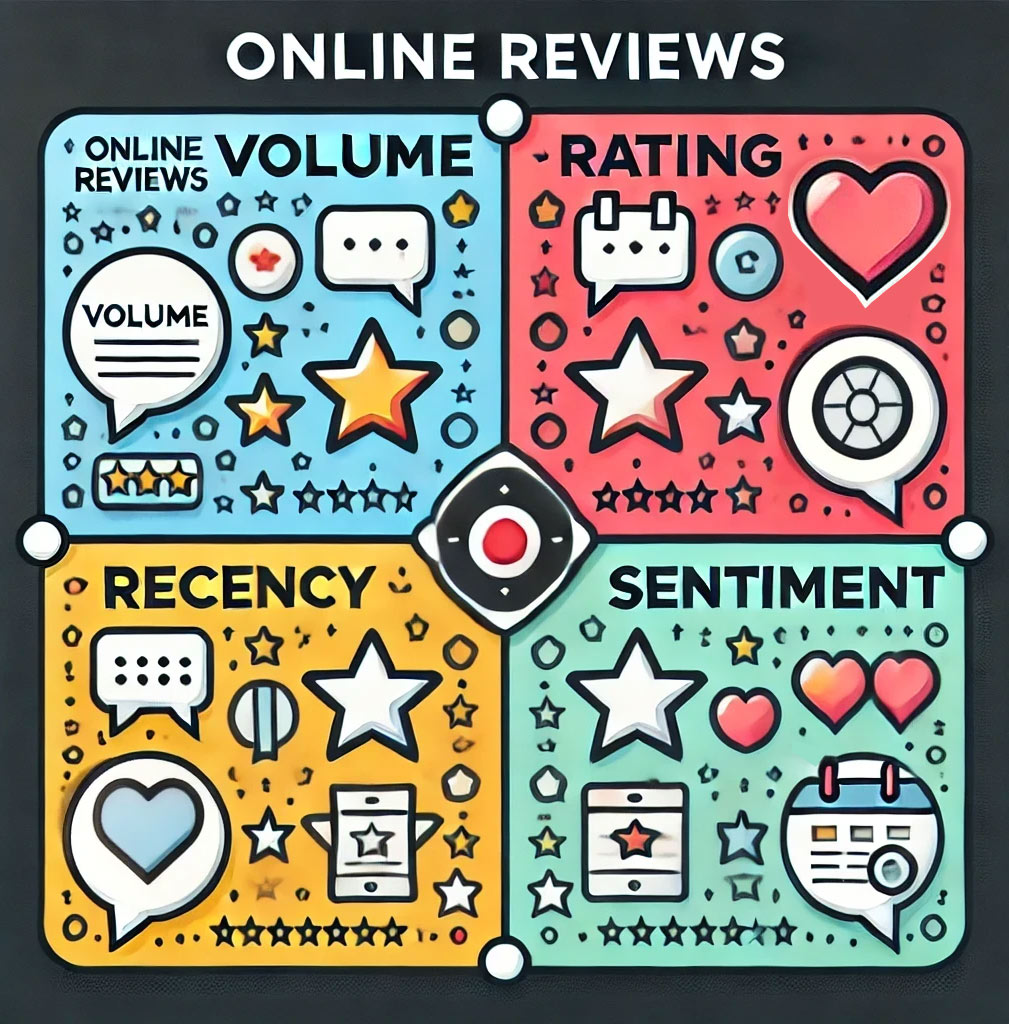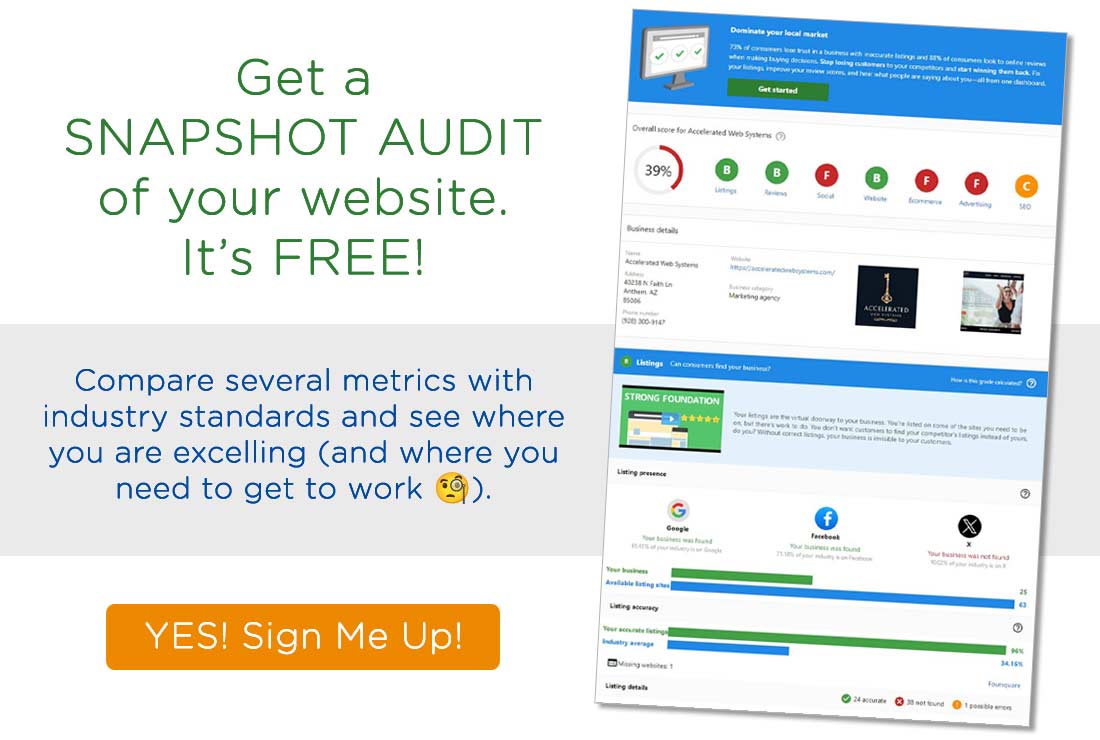The Evolution of Consumer Behavior: How Online Searches Have Changed Over the Years
Tech, smartphones, social media, and online reviews have changed consumer behavior. Small businesses must adapt to stay competitive in today’s digital marketplace.
Consumer behavior has undergone a significant transformation over the past decade, largely driven by advancements in technology, the proliferation of social media, and the increasing availability of online reviews. For small business owners, understanding these shifts is crucial to staying competitive in today’s digital-first marketplace.
The Shift in Online Search Behavior
In the early days of the internet, consumers primarily used search engines like Google to find information. Search queries were often broad and focused on general topics. Fast forward to today, and the way people search online has become much more refined and specific. Consumers now use long-tail keywords, voice search, and even visual search to find exactly what they need. The rise of mobile devices has also shifted the focus towards local search, with many consumers looking for businesses “near me” while on the go.
In fact, as of 2024, it is estimated that 58% of all searches are now conducted on mobile devices, a significant increase from just 34% in 2014. This shift has forced businesses to optimize their online presence for mobile users, ensuring that their websites are not only mobile-friendly but also load quickly and provide a seamless user experience.
The Rise of Social Media: More Accounts, More Influence
Social media has also played a pivotal role in changing consumer behavior. Where once platforms like Facebook and Twitter were merely places to connect with friends and family, they have now become key channels for discovering products, reading reviews, and making purchasing decisions.
The average number of social media accounts per person has skyrocketed in recent years. In 2015, the average internet user had about 3.4 social media accounts. Today, that number has more than doubled to 8.4 accounts per person, according to recent studies. This increase reflects the growing diversity of social media platforms and the varying ways people engage with them—from Instagram for visual inspiration to LinkedIn for professional networking.
For small business owners, this means that maintaining a presence on multiple social media platforms is no longer optional but essential. Each platform offers unique opportunities to connect with different segments of your target audience, showcase your products or services, and build your brand’s online reputation.
The Power of Online Reviews
One of the most significant changes in consumer behavior has been the reliance on online reviews. Before making a purchase, many consumers now turn to platforms like Google Reviews, Yelp, and even social media to see what others are saying about a business. This trend has been growing steadily, with 93% of consumers reporting that online reviews influence their purchasing decisions in 2023, up from 88% in 2014.

Positive reviews can be a powerful tool for attracting new customers, while negative reviews can quickly deter potential buyers. However, it’s not just about the reviews themselves—how a business responds to reviews can also make a significant impact. A study found that 70% of consumers are more likely to do business with a company that responds to negative reviews, indicating that active reputation management can turn a negative situation into an opportunity for customer engagement.
The Benefits of Implementing a Reviews and Reputation Management System
For small business owners, implementing a Reviews and Reputation Management (RRM) system can have numerous benefits:
Enhanced Trust and Credibility
A robust RRM system allows you to actively manage your online reputation, ensuring that positive reviews are highlighted and any negative feedback is addressed promptly. This transparency builds trust with potential customers.
Increased Visibility
Positive reviews not only influence potential buyers but also improve your search engine rankings. Search engines like Google prioritize businesses with good reviews, making it easier for customers to find you online.
Valuable Insights
Regularly monitoring reviews provides valuable insights into what your customers like and what areas need improvement. This feedback can guide your business decisions and help you better meet customer expectations.
Competitive Advantage
A strong online reputation can set you apart from competitors. When customers see that you have a high rating and respond to feedback, they’re more likely to choose your business over others.
Boosted Customer Engagement
Responding to reviews, both positive and negative, shows that you value your customers’ opinions. This engagement can lead to increased customer loyalty and word-of-mouth referrals.
Small business owners must adapt…
As consumer behavior continues to evolve, small business owners must adapt to these changes to remain competitive. By understanding the shift towards mobile and local search, leveraging the power of social media, and implementing an effective Reviews and Reputation Management system, businesses can build a strong online presence, attract more customers, and ultimately drive growth.
Investing in these areas not only meets the expectations of today’s digital-savvy consumers but also sets the foundation for long-term success in an increasingly connected world.



